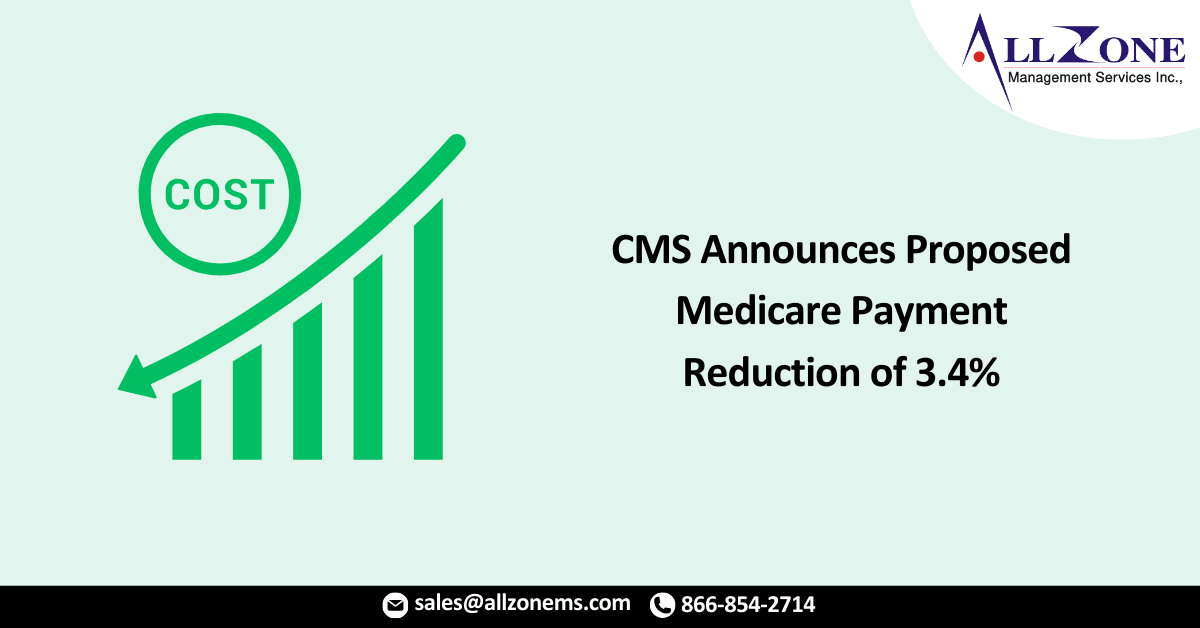The 2024 Medicare Physician Fee Schedule proposal includes a reduction of 3.4% to the conversion factor that determines Medicare payment rates. This reduction will widen the gap between practice expenses and reimbursement. If the proposal is approved, the new conversion rate will be $32.7476.
Here are some other key highlights of the CMS proposal:
The proposed changes to Medicare telehealth services would have several effects, including:
- Reimbursement for telehealth services provided to patients in their homes would be at the non-facility rate, which is typically higher.
- Telehealth services listed on the Medicare Telehealth Services List would continue to be covered and reimbursed through 2024.
- Direct supervision by a practitioner through real-time telecommunications would still be allowed through 2024.
- Split or shared E/M visits could be billed based on history, exam, or medical decision-making, or alternatively, time, until the end of 2024.
The proposed changes to various practice model programs include:
- All three MIPS reporting options would require a higher performance threshold, increasing from 75 points to 82 points.
- Five new MIPS Value Pathways would be added, covering women’s health, prevention and treatment of infectious disease, quality care in mental health/substance use disorder, quality care for ear, nose, and throat, and rehabilitative support for musculoskeletal care.
- The Medicare Shared Savings Program would undergo several changes, such as revising the MSSP quality performance standard, modifying the program’s benchmarking methodology, and determining beneficiary assignment under the program.
- The 3.5% APM incentive payment would be eliminated at the end of the 2023 performance year (2025 payment year), and a Qualifying APM conversion factor would be used in the 2024 performance year (2026 payment year).
The CMS Administrator stated that the agency’s mission is to expand access to healthcare and ensure that health coverage is meaningful for Medicare beneficiaries. The proposed physician payment rule includes several proposals that would help patients navigate cancer treatment, provide access to more types of behavioral health providers, and strengthen primary care. Additionally, the rule would allow Medicare payment for services performed by community health workers for the first time.
CMS deputy administrator and director of the Center for Medicare, MD, praised the proposals for their commitment to advancing health equity and building a stronger Medicare program. If approved, the proposals would ensure that patients receive coordinated care that considers their unique needs, including physical health, behavioral health, oral health, social determinants of health, and caregivers. This approach is critical to providing the high-quality care that Medicare beneficiaries deserve.

